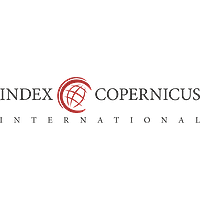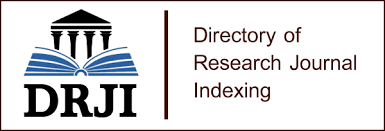THE INNER TURMOIL OF MIGRATION: THE COLONIAL LEGACY, LINGUISTIC FRAGMENTATION & PSYCHOLOGICAL TRAUMA
DOI:
https://doi.org/10.55327/jaash.v11i3.412Abstract
The purpose of this essay is to amplify the reader’s understanding of how migration can profoundly affect the psyche through Brian Chikwava’s novel, Harare North. Using a psychological lens to break down migration theory, the objective of this essay is to investigate disillusionment, linguistic breakdowns, assimilation, precarity, and alterity that are the result of migration. Using Ernest Cole’s migration theory, Burke and Stets’s identity theory, and postcolonial frameworks advanced by Tyson and Ngũgĩ wa Thiong’o to enhance the textual evidence from Harare North, which follows a man grappling with the realities of migration. This essay provides ethical information necessary for considering immigration and serves as an intervention to pathways that leave them vulnerable and susceptible to exploitation. In conclusion, there is more to migration than the socioeconomic processes in which migrants face, which is the psychological experience which is faced by institutionalized colonialism.
Downloads
Published
How to Cite
Issue
Section
License
Copyright (c) 2025 Hanna Garber

This work is licensed under a Creative Commons Attribution 4.0 International License.
Copyrights for articles published in Journal of Asian and African Social Science and Humanities are retained by the authors, with first publication rights granted to the journal. The journal/publisher is not responsible for subsequent uses of the work. It is the author's responsibility to bring an infringement action if so desired by the author.
Articles published in Journal of Asian and African Social Science and Humanities are published under the Creative Commons Attribution (CC-BY) license, which permits others to distribute, remix, tweak, and build upon your work as long as they credit you for the original creation.
Â















